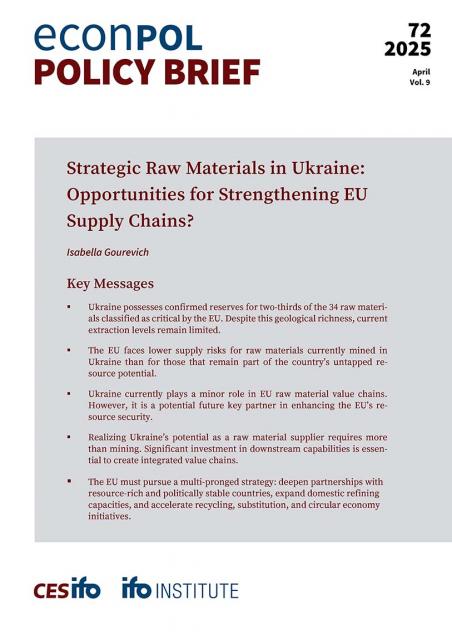News Archive
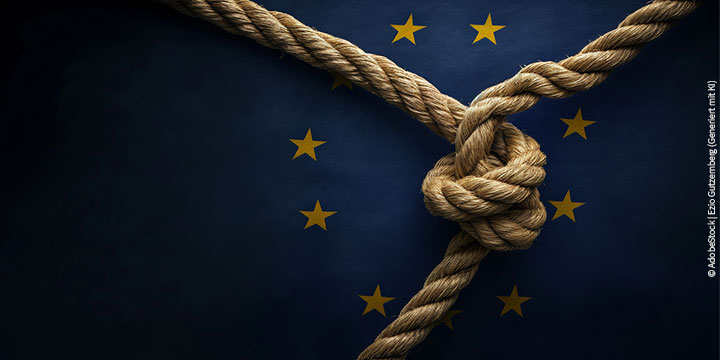
A Better Framework for Evaluating Cohesion Policies
|
Policy Report
| News
The EU cohesion policy lacks clearly defined objectives and uniform standards for the evaluation of programs. This is because the evaluations are commissioned by national or regional administrative authorities, which have an interest in proving the success of their programs. This reduces the credibility of the performance reviews. These are the findings of a team of researchers from the ifo Institute and ZEW Mannheim based on data from the Cohesion Open Data Platform. It contains more than 2,500 evaluations of the member states.
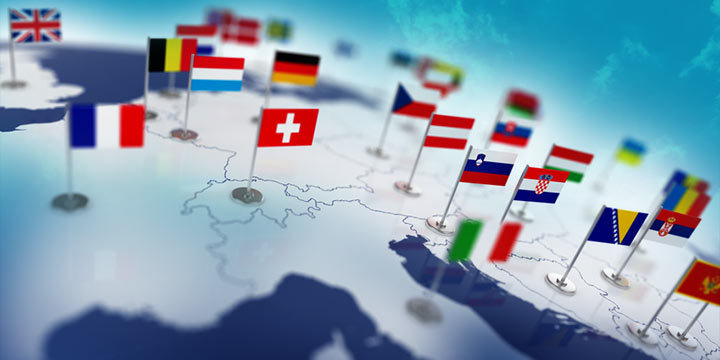
How Does Culture Influence Economic Performance?
|
EconPol Forum
| News
What influences do several cultural values, attitudes, and the like, on economic performance? In this article, Edmund S. Phelps shows a weak correlation between continental countries’ relative endowment of some cultural attributes and the relative performance of their national economies. However, not all of the cultural attributes hypothesized to be important were found to matter for performance. And not all continental countries were under-endowed in some of the cultural attributes that mattered a lot.

The Race for Leadership in Industry and Technology Policy
|
EconPol Forum
| News
Measures to promote technological sovereignty vary greatly from country to country and range from the promotion of R&D activities to subsidies for the construction of industrial plants. Systematic forecasting of technology trends would enable policy makers to deal with new technologies at an early stage and adapt policies and institutions.
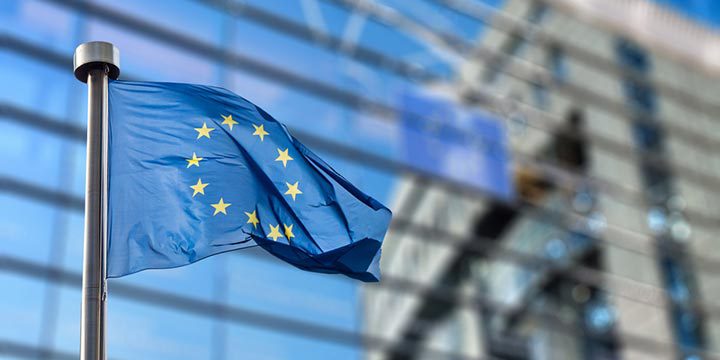
Trust in the EU in Times of Crisis
|
Policy Brief
| News
Over the past decade, crises have shaped public perceptions of the EU. Despite the rise of EU-critical parties, the EU and its institutions still enjoy higher levels of trust than national governments.
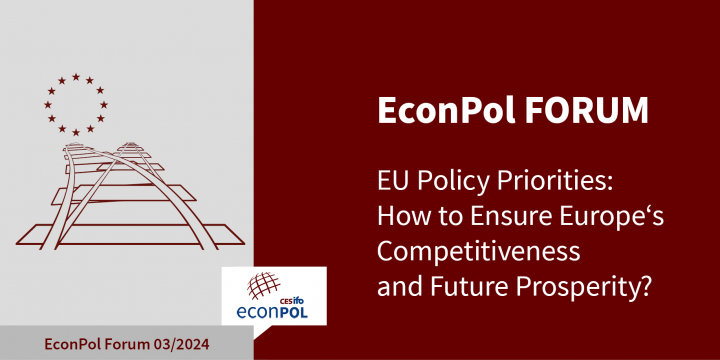
How to Ensure Europeʼs Competitiveness and Future Prosperity?
|
EconPol Forum
| News
Europe has lost its competitiveness. Which place will it take in a new world order? Climate protection and the digital transformation will also influence the next era of prosperity. The EU and its member states now want to build a robust, secure, resilient, and sustainable economy. Meanwhile, the US, China, and some emerging economies have overtaken the EU in many international rankings.
